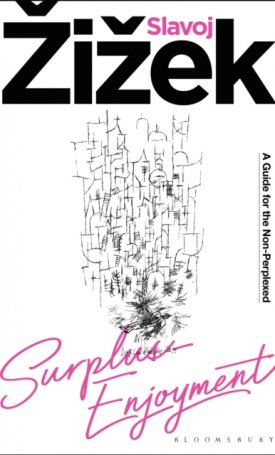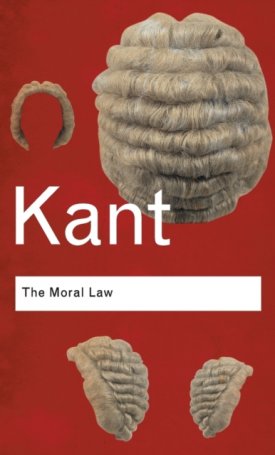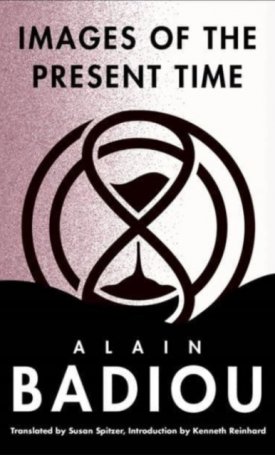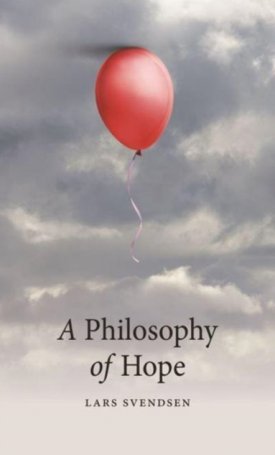A World without Why
ISBN: 9780691169200
Language: english
Size: 127*205
Weight: 290 g
Page no.: 288
Publish year: 2016
A World without Why
Wishful thinking is a deeply ingrained human trait that has had a long-term distorting effect on ethical thinking. Many influential ethical views depend on the optimistic assumption that, despite appearances to the contrary, the human and natural world in which we live could, eventually, be made to make sense to us. In A World without Why, Raymond Geuss challenges this assumption.
The essays in this collection--several of which are published here for the first time--explore the genesis and historical development of this optimistic configuration in ethical thought and the ways in which it has shown itself to be unfounded and misguided. Discussions of Greco-Roman antiquity and of the philosophies of Socrates, Plato, Hegel, Marx, Nietzsche, and Adorno play a central role in many of these essays. Geuss also ranges over such topics as the concepts of intelligibility, authority, democracy, and criticism; the role of lying in politics; architecture; the place of theology in ethics; tragedy and comedy; and the struggle between realism and our search for meaning.
Characterized by Geuss`s wide-ranging interests in literature, philosophy, and history, and by his political commitment and trenchant style, A World without Why raises fundamental questions about the viability not just of specific ethical concepts and theses, but of our most basic assumptions about what ethics could and must be.
Raymond Geuss is professor emeritus of philosophy at the University of Cambridge. His books include Politics and the Imagination and Philosophy and Real Politics (both Princeton)
Table of Contents:
Preface ix
1. Goals, Origins, Disciplines 1
2. Vix intellegitur 22
3. Marxism and the Ethos of the Twentieth Century 45
4. Must Criticism Be Constructive? 68
5. The Loss of Meaning on the Left 91
6. Authority: Some Fables 112
7. A Note on Lying 135
8. Politics and Architecture 144
9. The Future of Theological Ethics 163
10. Did Williams Do Ethics? 175
11. The Wisdom of Oedipus and the Idea of a Moral Cosmos 195
12. Who Was the First Philosopher? 223
13. A World without Why 231
Notes 237
Index 257
















